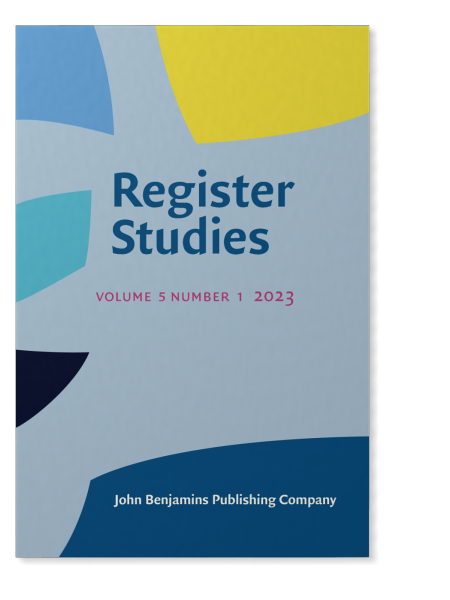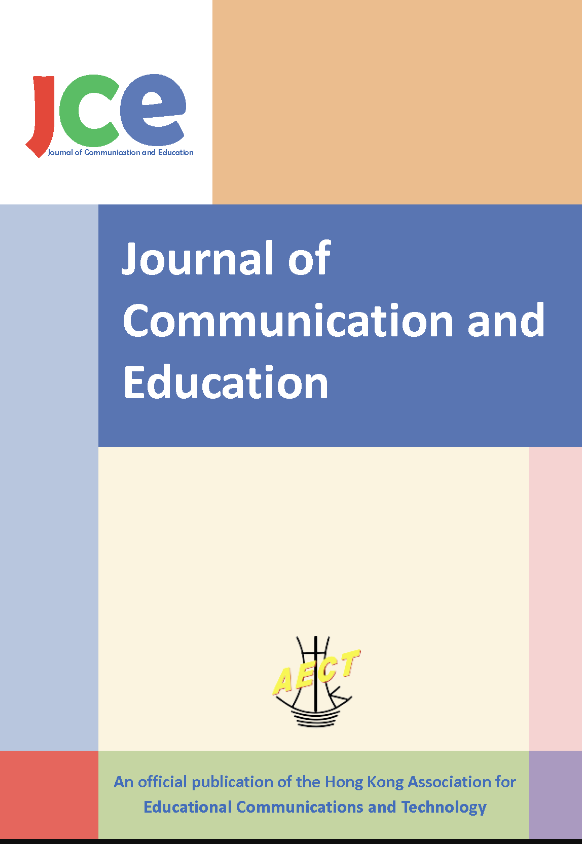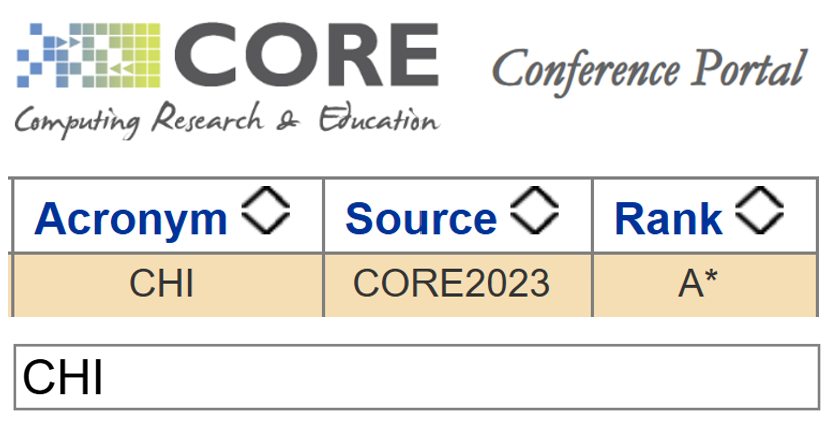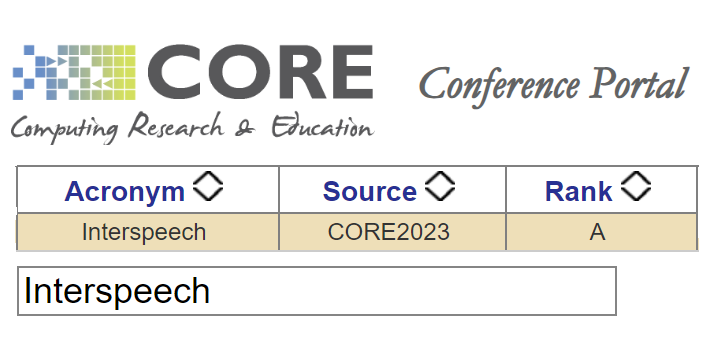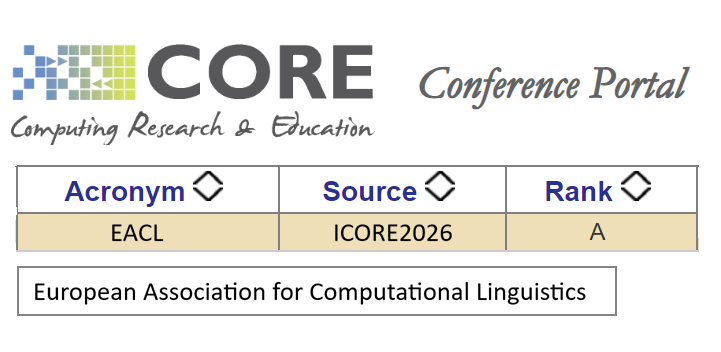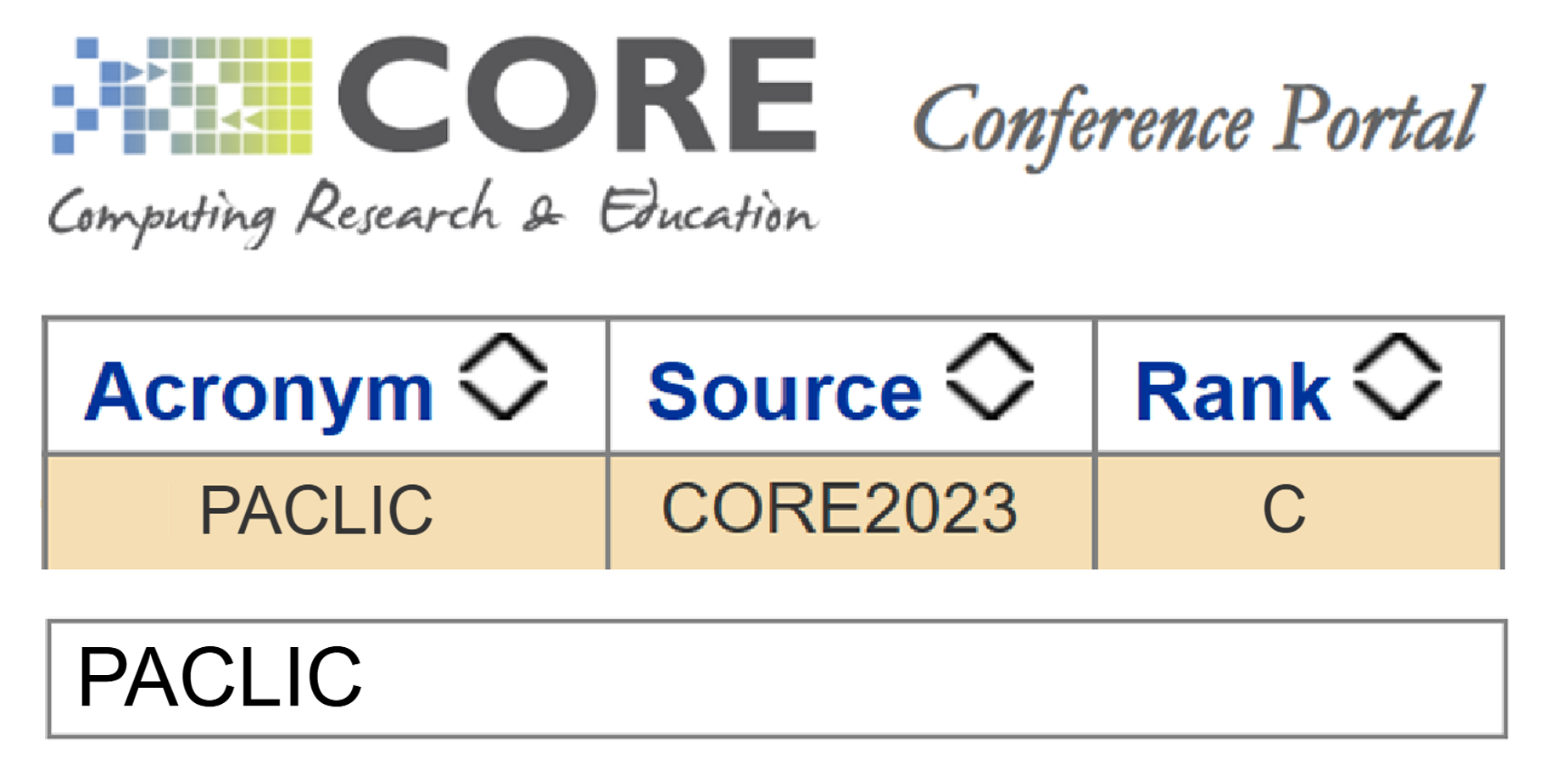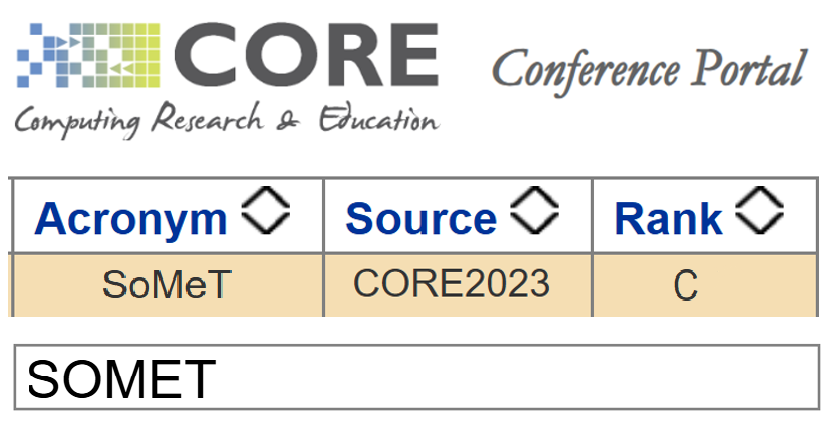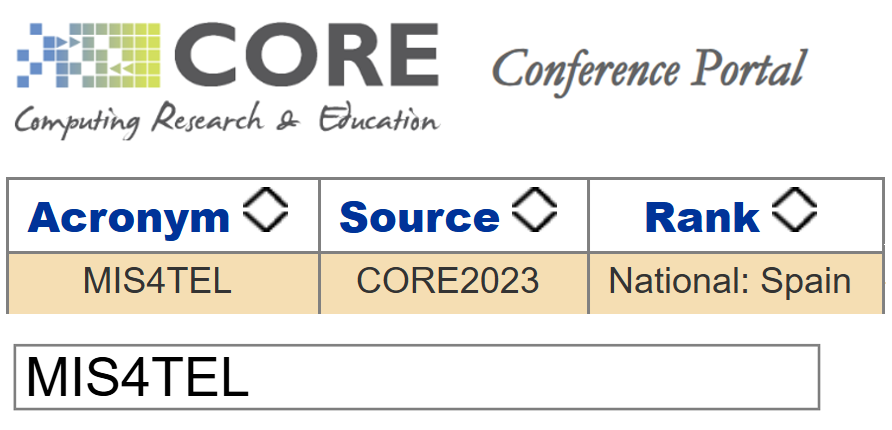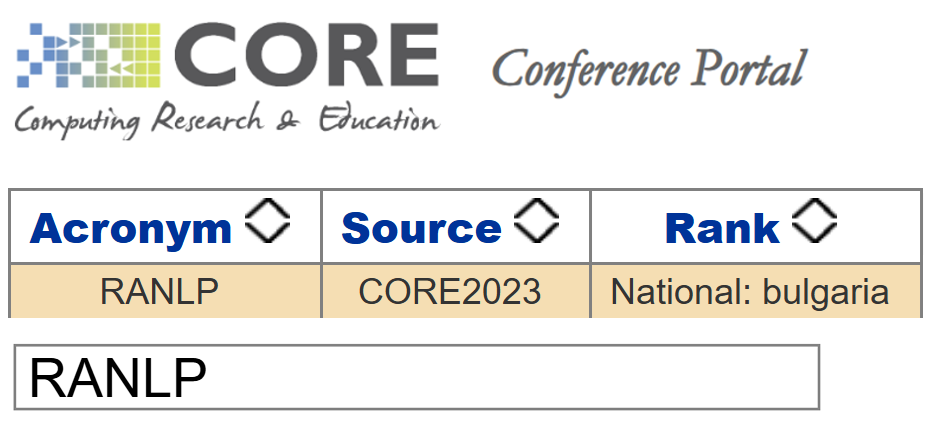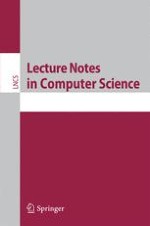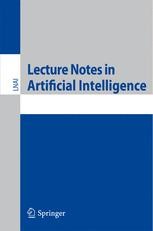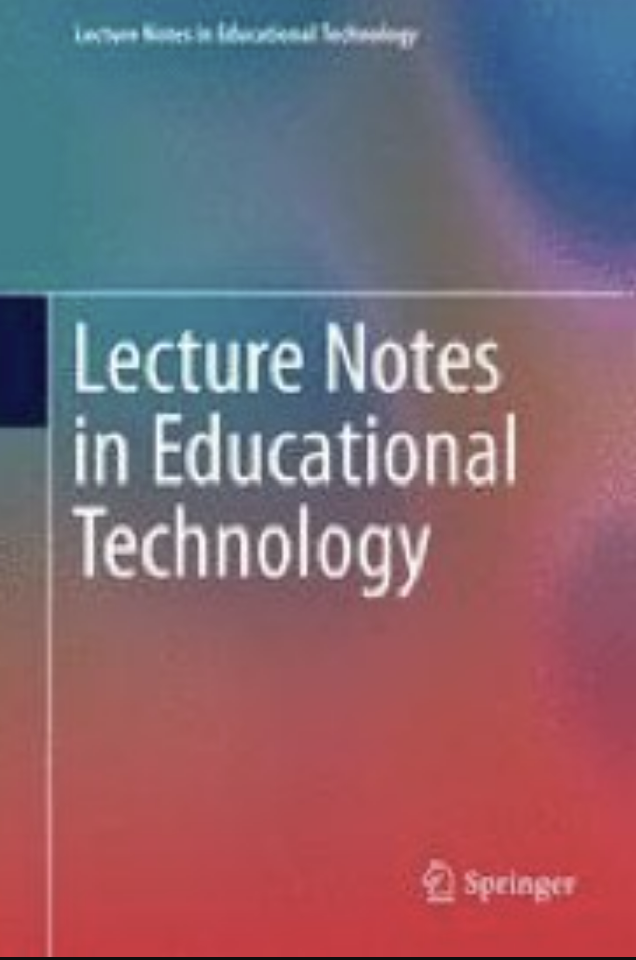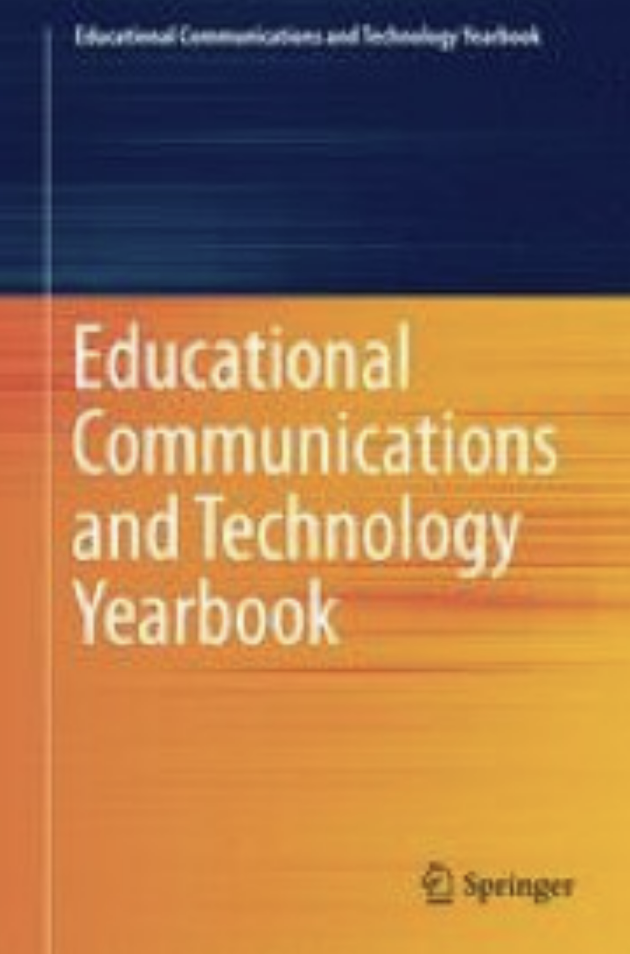Course list
Introduction to University Teaching
Authorship analysis
Expert systems with Python
Fields of computer science
Information ethics
Logic and language
Patterns and language
Python for NLP
Technology-enhanced language learning
Visualizing time and tense
Error-free research writing
Reader-friendly writing
Legacy thesis writing
Thesis writing
Writing scientific research abstracts
 Awareness and defense
Awareness and defense
 Blitz speaking
Blitz speaking
 Interview practice
Interview practice
 Professional development
Professional development
